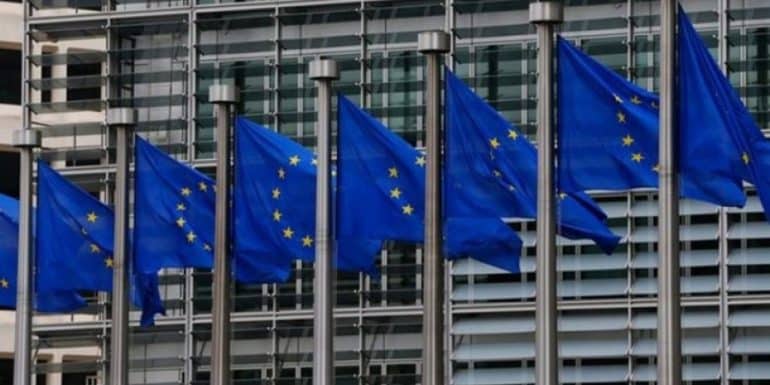The European Commission today approved a European law consisting of new rules on media freedom and independence and the protection of pluralism in the EU.
The proposed regulation includes, among other things, safeguards against political interference in editorial decisions and against surveillance, emphasizes the independence and stable funding of public media as well as the transparency of media ownership and the allocation of state advertising. In addition, the Commission proposes the creation of a new independent European Media Services Council, composed of national media authorities.
Vice President for Values and Transparency Vera Yurova said: “We have seen various forms of pressure on the media in recent years. It is time to act. We must establish clear principles: no journalist should be spied on because of his work, no public media should be turned into a propaganda channel. This is what we are proposing today for the first time: common safeguards to protect media freedom and pluralism in the EU."
Thierry Breton, Commissioner for the Internal Market, added: "The European Media Freedom Act provides common EU-wide safeguards for pluralism and for the media to be able to operate without any interference, whether private or public . A new European supervisor will promote the effective implementation of these new rules on media freedom and the visibility of media gatherings so that they do not impede pluralism."
In particular, the European law on freedom of the media (public and private), will ensure that the following:
The protection of editorial independence – the regulation will require member states to respect the substantive editorial freedom of media service providers and improve the protection of journalistic sources. Media service providers should ensure transparency of ownership by making this information public and take steps to ensure the independence of individual editorial decisions.
Strong anti-spyware safeguards against the media, journalists and their families.
Independent media – where public media exist, their funding should be sufficient and stable to ensure editorial independence. The head and board of public media should be appointed in a transparent, open and impartial manner. Public service media providers provide a wealth of information and opinions, in an impartial manner, in accordance with their public service mission.
Media pluralism tests – the media freedom law requires member states to assess the impact of mergers on the media market, media pluralism and editorial independence.
Transparent government advertising – the Media Freedom Act will introduce new requirements for the allocation of government advertising in the media so that it is transparent and non-discriminatory. The law will also enhance the transparency and objectivity of audience measurement systems, which have an impact on media advertising revenue, particularly online.
Protection of media content on the Internet – based on the Digital Services Act, the Media Freedom Act includes safeguards against the unjustified removal of media content produced in accordance with professional standards. In cases that do not involve systemic risks, such as disinformation, very large online platforms that intend to remove certain legal media content that is considered to be against the platform's policies should inform media service providers of the reasons before it does so. the repeal takes effect.
Right to customize the media offering on devices and interfaces, such as connected TVs, allowing users to change the default settings to reflect their own preferences.
The Commission's proposal is accompanied by a recommendation setting out a series of voluntary best practices gathered by the industry aimed at promoting editorial independence and greater transparency of ownership. The recommendation provides a toolbox of voluntary measures for media companies to consider, such as the conditions for independent creation of editorial content, by empowering journalists to participate in critical decisions for the operation of the media.
Finally, the Commission proposes the establishment of a new independent European Media Services Council composed of national media authorities. The Management Board will promote the effective and consistent implementation of the EU media legislative framework, in particular by assisting the Commission in the preparation of guidelines on media regulatory issues. It will also be able to issue opinions on national measures and decisions affecting media markets and media market concentrations.
Source: RES-EAP
